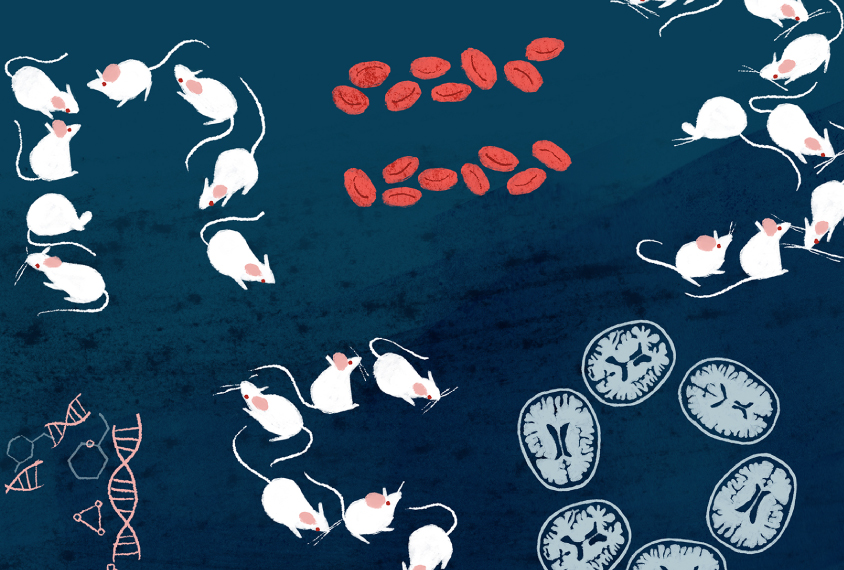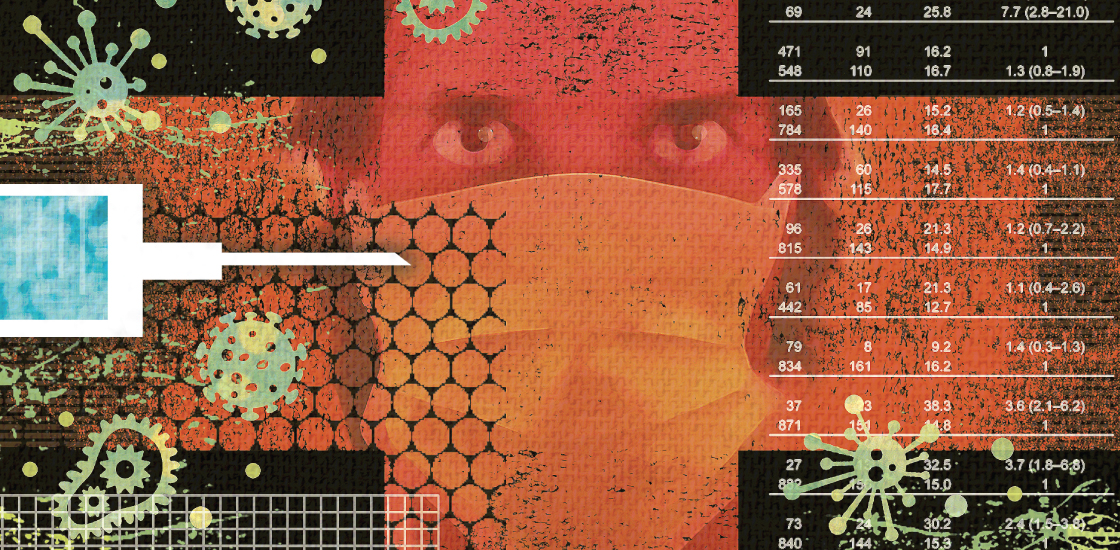Erika Check Hayden is an award-winning, San Francisco-based science and technology reporter. She writes for Nature, and on a freelance basis for a variety of publications, and is a lecturer in the University of California, Santa Cruz Science Communication Program.
Erika Check Hayden
Freelance writer
From this contributor
For studies, size matters: Let us count the ways
In autism research, as in other fields, small sample sizes can lead to false findings. The size of the sample needed for statistical significance depends on the type of study.

For studies, size matters: Let us count the ways
Preprint server bioRxiv gets boost from Facebook billionaire
The Chan Zuckerberg Initiative has pledged to provide financial support for bioRxiv, a website where researchers can share manuscripts before peer review.

Preprint server bioRxiv gets boost from Facebook billionaire
Book review: ‘Rigor Mortis’ reveals rampant sloppiness in science
In his new book, journalist Richard Harris writes that lack of reproducibility in research poses a serious threat to science.

Book review: ‘Rigor Mortis’ reveals rampant sloppiness in science
Rising star: Somer Bishop fine-tunes autism diagnosis
Somer Bishop is launching a revolution in autism diagnosis, creating faster, more precise tools that speed research and better capture the full spectrum of autism symptoms.

Rising star: Somer Bishop fine-tunes autism diagnosis
Explore more from The Transmitter
Shifting neural code powers speech comprehension
Dynamic coding helps explain how the brain processes multiple features of speech—from the smallest units of sounds to full sentences—simultaneously.

Shifting neural code powers speech comprehension
Dynamic coding helps explain how the brain processes multiple features of speech—from the smallest units of sounds to full sentences—simultaneously.
Astrocytes orchestrate oxytocin’s social effects in mice
The cells amplify oxytocin—and may be responsible for sex differences in social behavior, two preprints find.

Astrocytes orchestrate oxytocin’s social effects in mice
The cells amplify oxytocin—and may be responsible for sex differences in social behavior, two preprints find.
Neuro’s ark: Spying on the secret sensory world of ticks
Carola Städele, a self-proclaimed “tick magnet,” studies the arachnids’ sensory neurobiology—in other words, how these tiny parasites zero in on their next meal.

Neuro’s ark: Spying on the secret sensory world of ticks
Carola Städele, a self-proclaimed “tick magnet,” studies the arachnids’ sensory neurobiology—in other words, how these tiny parasites zero in on their next meal.